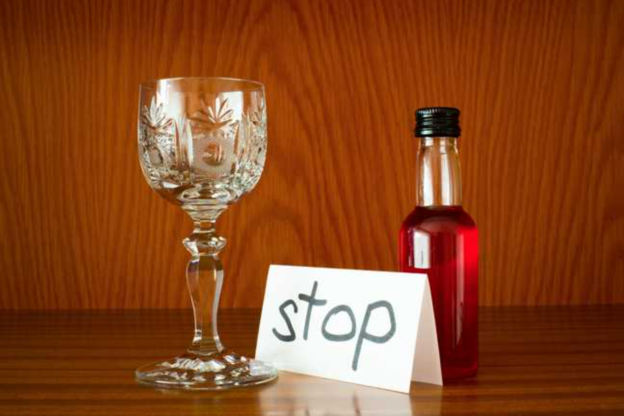Worldwide, alcohol misuse is the fifth leading risk factor for both disability and premature death. Alcohol is also the third leading preventable cause of death in the US, plus is responsible for a good number of driving fatalities.
And all this is just accidents and deaths. When you take into account how alcohol abuse can significantly wreck relationships, then it’s even more evident that it can be largely detrimental in your life.
But if you have an alcohol dependence, there’s still hope.
If you or a loved one is interested in alcohol detox, then keep reading. We’ll explain the process and what can happen afterward for recovery.
Alcohol Detox Process
When you go through alcohol detox, this is where you rid your body of all traces of alcohol. It can be a very difficult process, especially if your dependence is heavy and long-term.
In fact, it can be dangerous to try and detox on your own. For those who are heavy drinkers, they have the risk of going through alcohol withdrawal syndrome (AWS) if they try and go cold turkey. Some serious side effects can be hallucinations, seizures, and even death.
This is why we highly recommend detoxing under the care of a medical professional, such as those at a rehabilitation center. They can put you on a slow detox program where you gradually cut down your alcohol usage in a safe manner. They can monitor you as you detox to ensure you’re both comfortable and safe.
Not only that, but the care of a medical professional also increases your chance of success and decreases your chance of relapse




